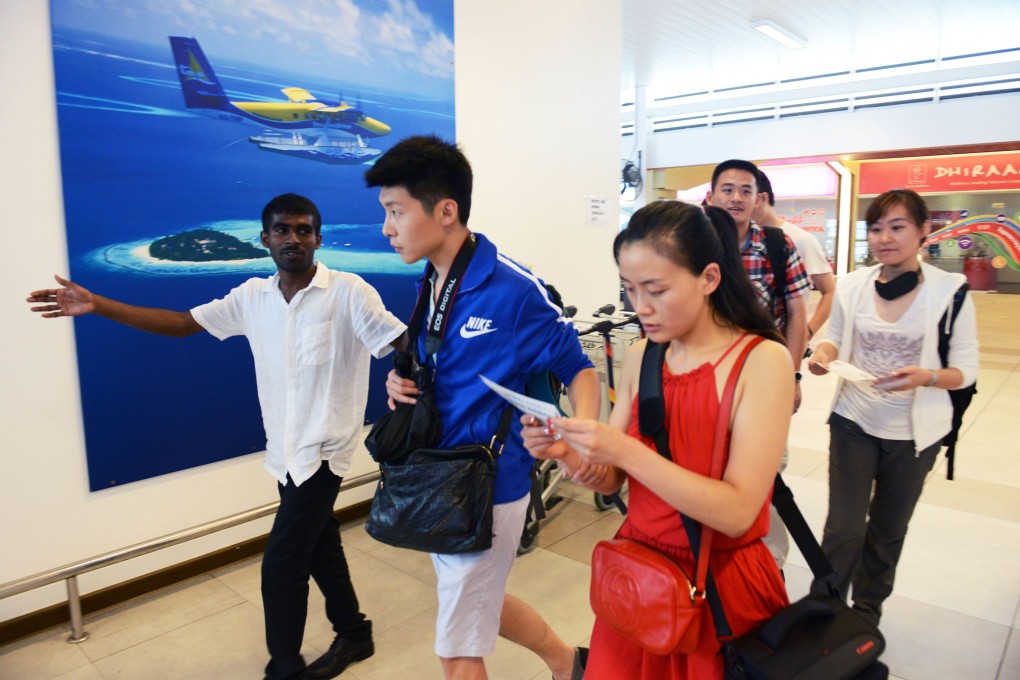The case of the missing hordes of misbehaving Chinese tourists
Paul Stapleton blames Hong Kong stereotype on bias and misperception

The criticism of mainland Chinese tourists has now spread well beyond Hong Kong, with stories about their apparent bad behaviour coming from Vancouver, Paris, Seoul and the Maldives, just to name a few. We've all heard the stories of mainland mothers letting their toddlers relieve themselves in public. And news items about mainlanders committing a cultural indiscretion or jumping a queue frequently land on the "most read" web pages of local newspapers. Mobile phones often capture these images and the story goes viral through social networks.
Recently, stories have appeared asking why mainland tourists are so rude and, suddenly, a mere supposition turns into a fact to be explained. Lost in this cacophony of stereotyping, however, are some fundamental statistics as well as a simple cognitive error.
With the number coming, it is remarkable there are so few instances of rude behaviour
Last year, Hong Kong hosted 35 million mainland visitors, equivalent to the entire population of Canada. This number represents about 72 per cent of the total number of arrivals. Arrivals from no other country come close, although, significantly, Taiwan, whose nationals speak the same language as most mainlanders and are largely indistinguishable to a casual observer, comes second at about 4 per cent. Thus, if a visitor to Hong Kong behaves badly, that person would in most cases be identified as a mainlander.
It is not only this reason that has led to the unfair labelling of mainland tourists, however; a cognitive error is also to blame. Simply stated, it is a thinking mistake called the "availability heuristic" that is operating in full force here.
Nobel laureate Daniel Kahneman describes it best in his book, : "People tend to assess the relative importance of issues by the ease with which they are retrieved from memory - and this is largely determined by the extent of coverage in the media."
As an experiment, I asked a group of my students to visit New Town Plaza in Sha Tin and make comments on the clientele there. In their reports, many made note of the large number of mainland shoppers. Their evidence included the frequency with which they heard Putonghua being spoken. They also mentioned the large number of shoppers who were wheeling suitcases.
